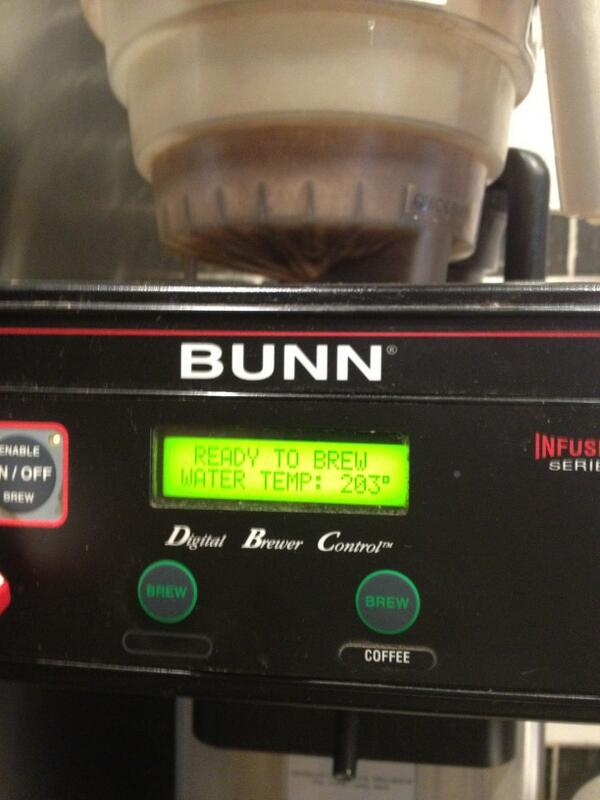I’ve got a longer write-up at Cato at Liberty (earlier) on the extraordinary outcome of a federal investigation into larcenous raids on bodegas by Philadelphia narcotics cops pursuant to sales of banned plastic zip-lock bags: U.S. Attorney Zane David Memeger has closed the case without charges, the statute of limitations now having run.
This was a story that really got to me on many levels, as with this passage from the Philadelphia Daily News’s coverage: “Anh Ngo, like the Nams, said that she was never interviewed by investigators about what unfolded in her family grocery store in the Lower Northeast during a 2008 raid. Ngo, 30, said the officers smashed the [security surveillance] cameras with a sledgehammer and stole about $12,000, taking her mom’s diamond ring and emptying their wallets.” They took her mother’s ring! “‘To think that some light was shined on this by the Daily News and then the investigation just died, it’s really very frustrating,’ she said…. ‘[The cops] are living nice off of the money they stole from us.'” Notes one journalist: “The shop owners were all legal immigrants. None had criminal records. Nor had they ever met – they hailed from four corners of the city and spoke different languages.” Yet they told essentially the same stories.
The local press, specifically the Philadelphia Daily News, did everything one could reasonably wish to bring the story to light. In fact reporters Barbara Laker and Wendy Ruderman won a Pulitzer Prize for their investigation, “Tainted Justice,” and in March published a book on the scandal. The paper’s coverage of the dropping of charges has been likewise hard-hitting, including video of a bodega raid. In the end, none of it seemed to have worked in obtaining justice for the store owners.
I go on in the Cato piece to ask a few other questions about whether laws banning common items like mini-zip-lock bags are really a good idea given that they readily allow police to obtain search warrants against unsuspecting businesses; and whether we insist that store owners like these organize to defend their interests in the political process because the legal process will afford them no protection. Read it here.
And one other question: If we told these immigrant store owners that the American legal system works, would they believe us?
P.S. Internal police department discipline? The local Fraternal Order of Police union, according to its president, has been “standing behind the officers from the minute it happened.” Some don’t expect much:
“This is no big deal,” [the president of the police union lodge] said. “They’ll be handed some discipline and we’ll probably win in arbitration. . . . I don’t see anyone losing their jobs.”
On the other hand…

